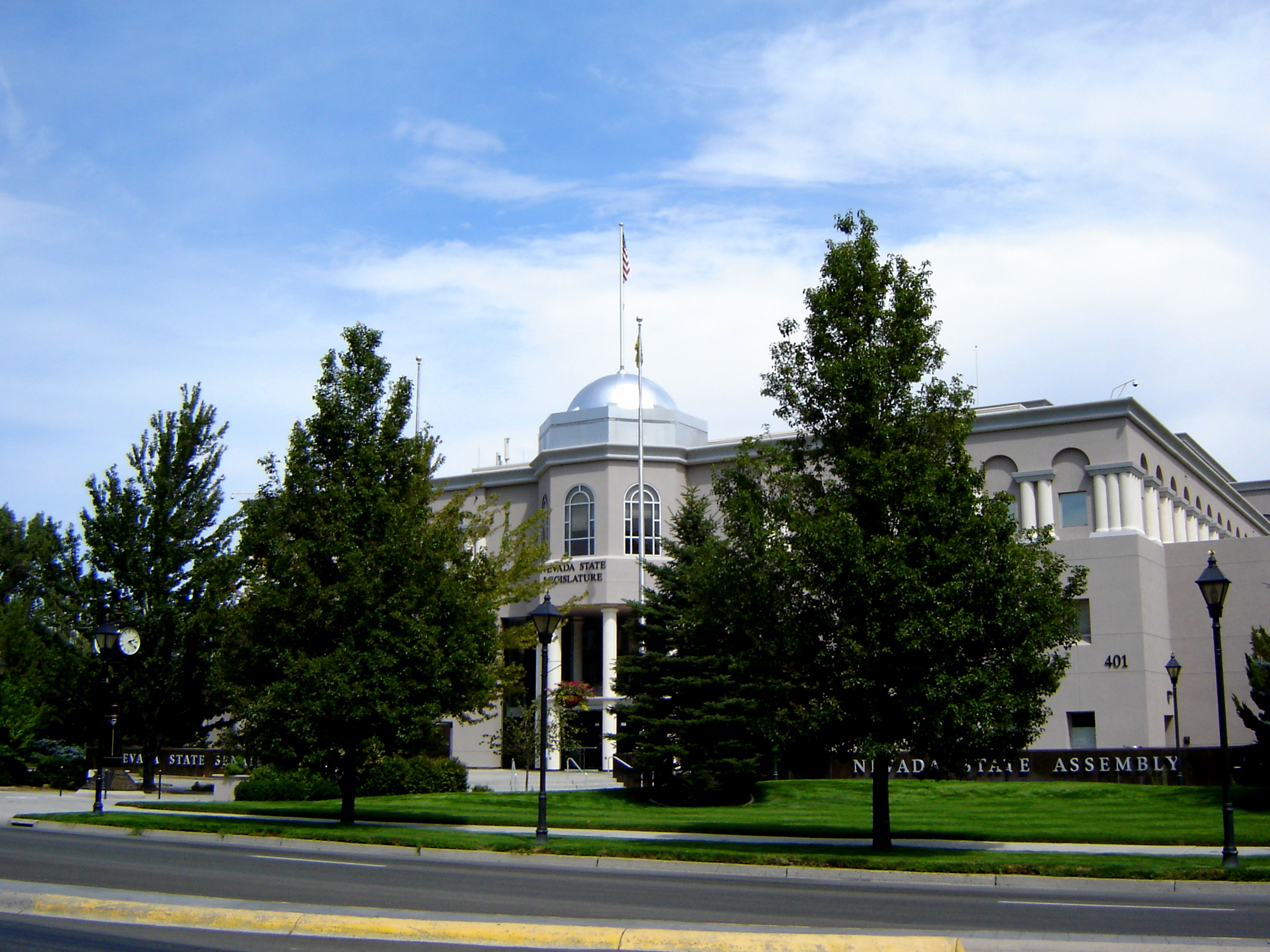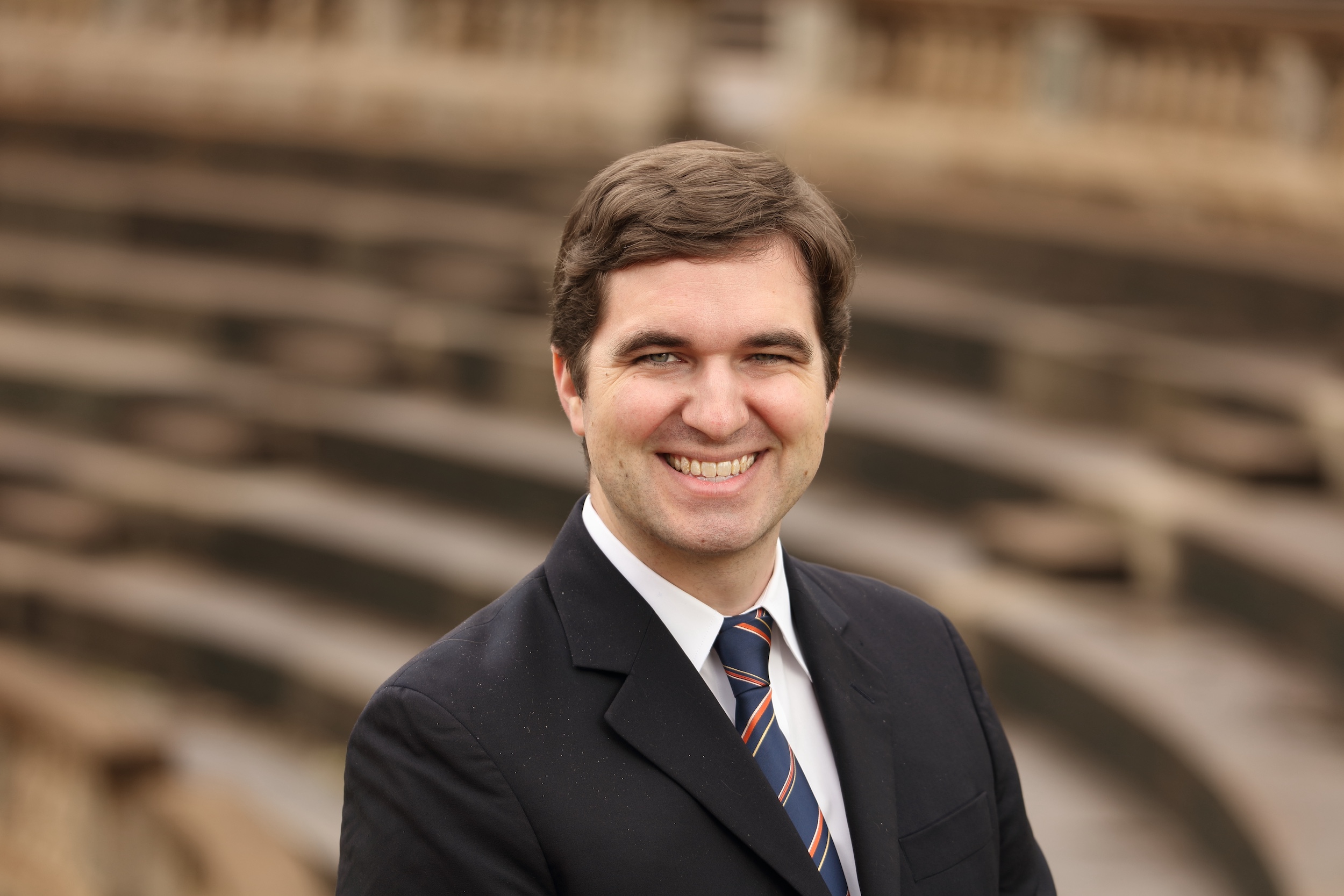Prior Experience and State Legislative Effectiveness
In this Center for Effective Lawmaking (CEL) working paper, Associate Professor Eric Hansen of Loyola University Chicago and Professor Sarah Treul of the University of North Carolina at Chapel Hill (and CEL Faculty Affiliate) examine how the prior experiences of lawmakers affect their performance in office. Elected representatives who have professional backgrounds in fields closely related to lawmaking—specifically law, government, or politics—or who held prior office seem to have an advantage in winning elections, but it is unclear that such experience makes them better legislators. Using a variety of data sources, the co-authors assess whether legislators with relevant prior experiences are more effective in advancing bills in the 50 state legislatures. They find mixed results. Among occupational groups, lawyers alone seem to make more effective lawmakers than their colleagues. Among elected officeholders, they find that prior local officeholders are no more effective in state legislatures than first-time officeholders. However, they find that state senators are more effective than their colleagues if they first served in the state house. The results suggest that some narrow types of experience may help lawmakers be more effective in office, but that general experience in government and politics does not consistently appear to be associated with any advantage in lawmaking. The results can help political observers and voters assess candidates’ claims about how their prior experience will help them contribute to governance.
To learn more, read the full report here.
Photo: “File:Nevada State Legislature Carson City NV – panoramio (1).jpg” by Chanilim714 is licensed under CC BY-SA 3.0.



